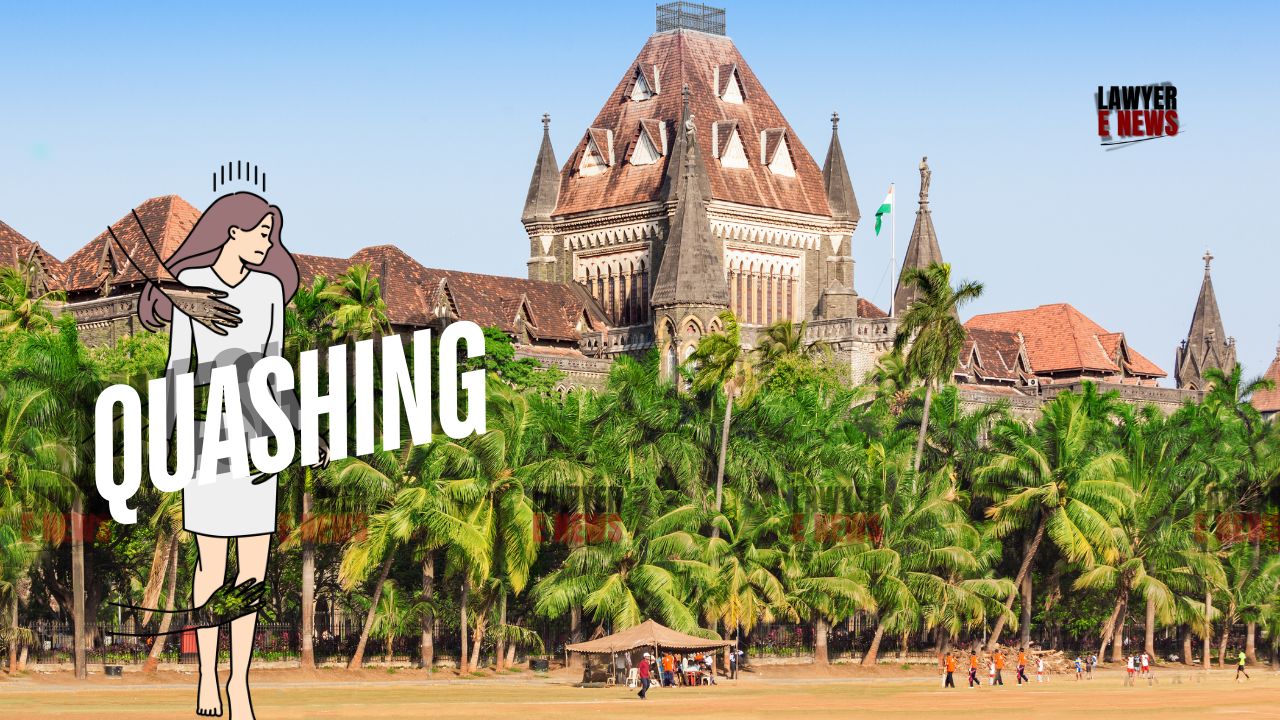-
by Admin
15 February 2026 5:01 PM



The Bombay High Court has quashed a 34-year-old rape and cheating allegation against Lalchand Sirumal Bhojwani, citing the consensual nature of the relationship and the unexplained delay in filing the First Information Report (FIR). The judgment, delivered by Justices A. S. Gadkari and Dr. Neela Gokhale, emphasized the improbability of the complainant’s claims given the extensive delay and continuous consensual interactions over the years.
Lalchand Sirumal Bhojwani, a retired 73-year-old, was accused of rape, cheating, and criminal intimidation by Ms. XYZ. The complainant, who started working for Bhojwani’s company after completing her 12th standard, alleged that Bhojwani forcibly established a sexual relationship with her in 1987. Over the next three decades, she claimed Bhojwani raped her multiple times, promising marriage and even giving her a mangalsutra in 1993, declaring her as his second wife. The complainant filed the FIR In August 2018 after Bhojwani allegedly failed to marry her and return her belongings.
The court was particularly critical of the 34-year delay in filing the FIR. Justice Gokhale noted, “Lodging a case after 34 years and that too on a bald statement that the prosecutrix was a minor at the time of the commission of the offense could itself be a ground to quash the proceedings.” The court found no plausible explanation for the complainant’s silence over the decades, especially considering her continuous interactions and consensual relationship with Bhojwani.
The court found the relationship between the complainant and Bhojwani to be consensual, as evidenced by their long-term association and the lack of any previous complaints. “The complainant has willingly and knowingly participated in the relationship with the Applicant over the past 31 years,” the judgment stated. The court noted that the complainant’s actions, including managing Bhojwani’s company during his illness, indicated a consensual partnership rather than coercion.
The judgment extensively referenced the Supreme Court’s principles in the case of State of Haryana v. Bhajan Lal, highlighting the criteria under which FIRs can be quashed. The court found the present case to fall under categories indicating a lack of prima facie offense, inherent improbability, and malafide intent. “The physical relationship between the complainant and the Applicant cannot be said to be against her will and without her consent,” the bench observed.
Justice Gokhale remarked, “The continuation of the proceedings would lead to nothing else but an abuse of the process of law.” The court emphasized that the complainant had multiple opportunities to report the alleged offenses earlier but chose not to, undermining the credibility of her claims.
The Bombay High Court’s dismissal of the FIR underscores the importance of timely and credible reporting of sexual offenses. By quashing the 34-year-old allegation, the judgment sends a clear message about the need for concrete evidence and reasonable timelines in criminal complaints. This decision is expected to influence future cases, ensuring that the judicial process is not misused for personal vendettas.
Date of Decision: July 31, 2024
Lalchand Sirumal Bhojwani v. The State of Maharashtra & Anr.
